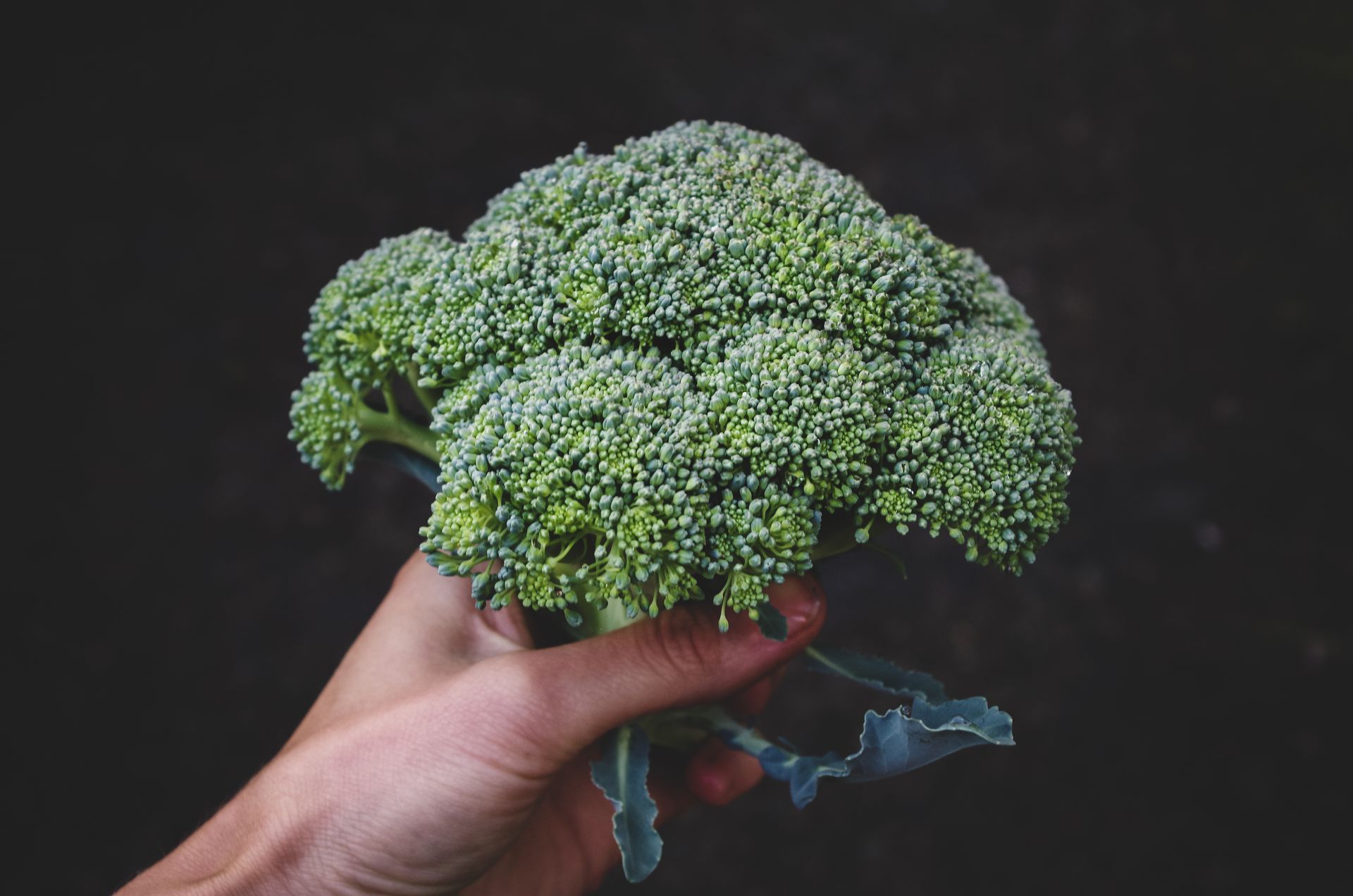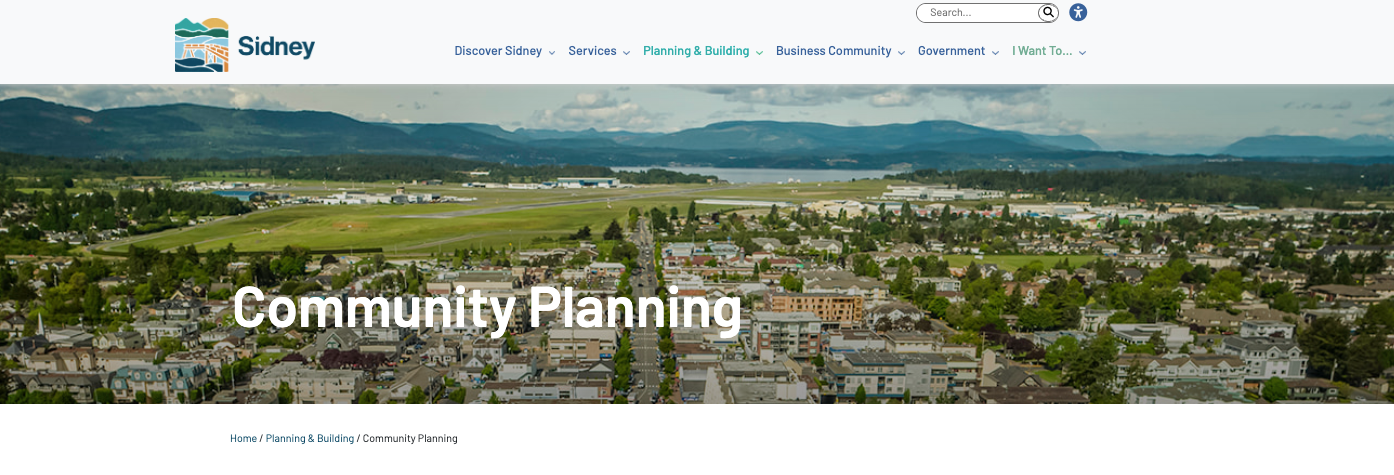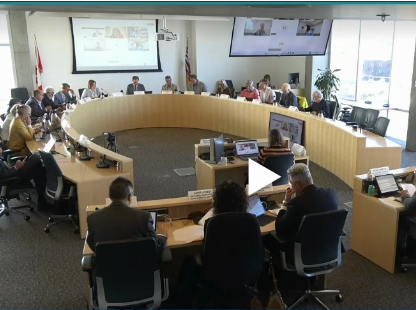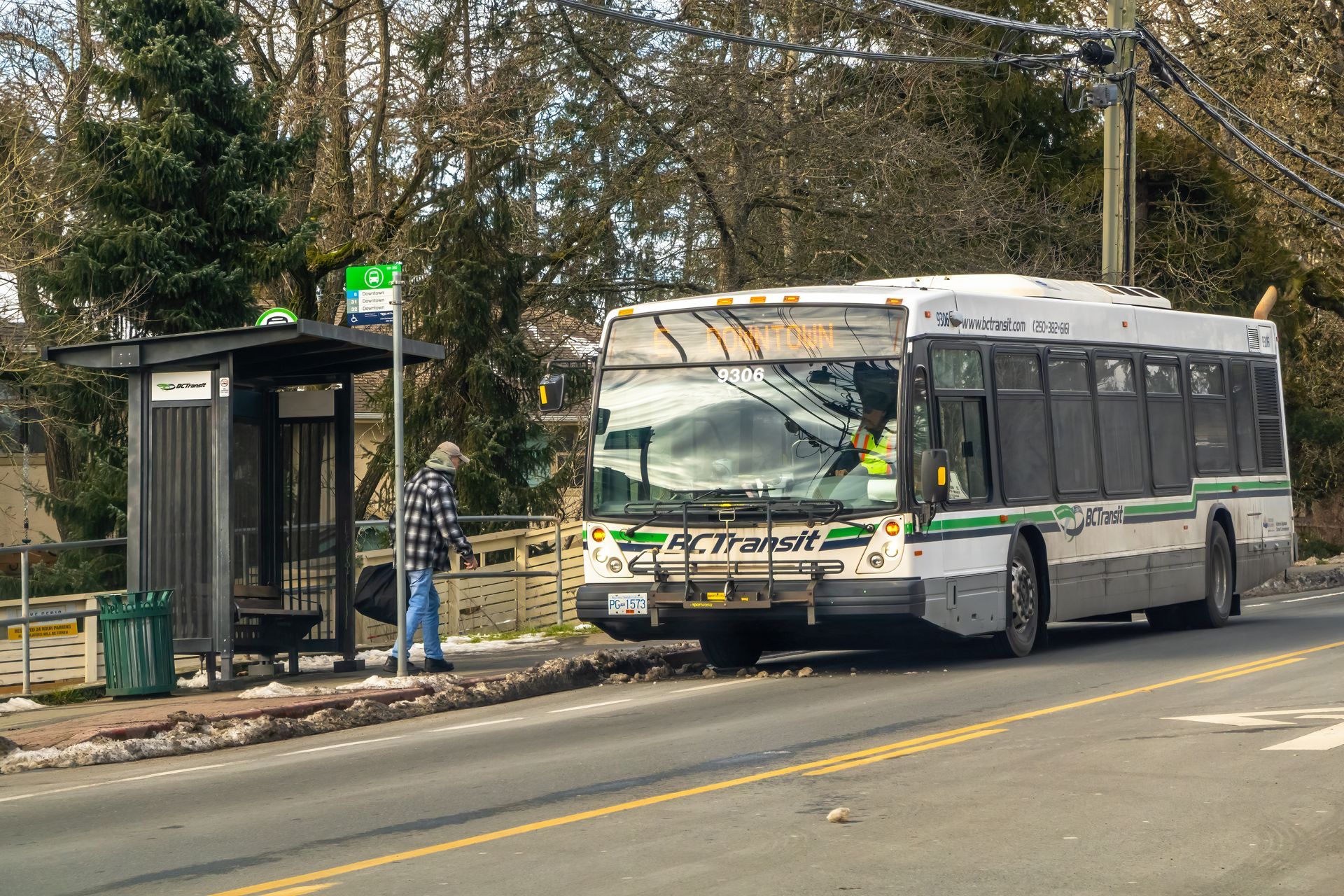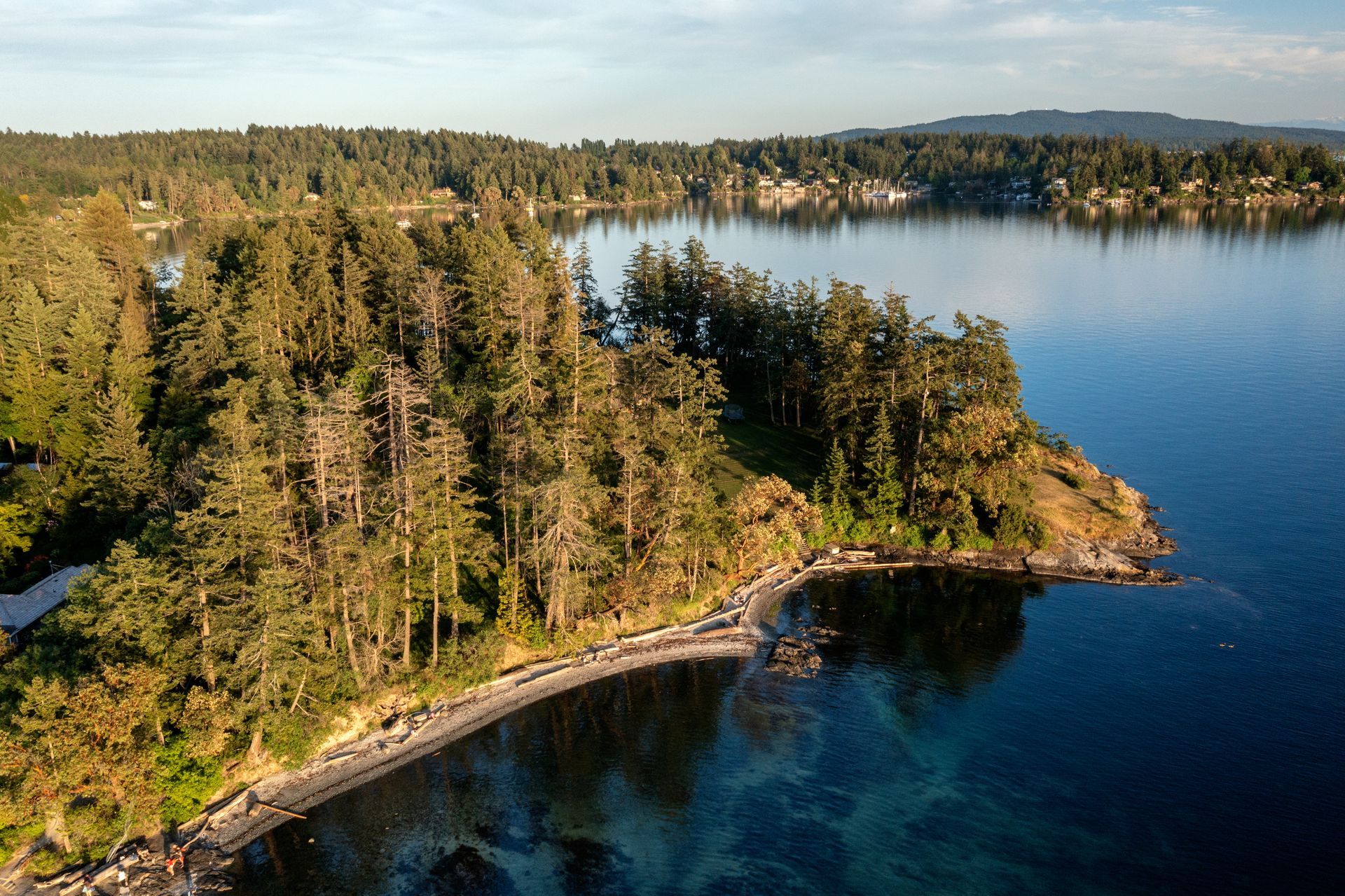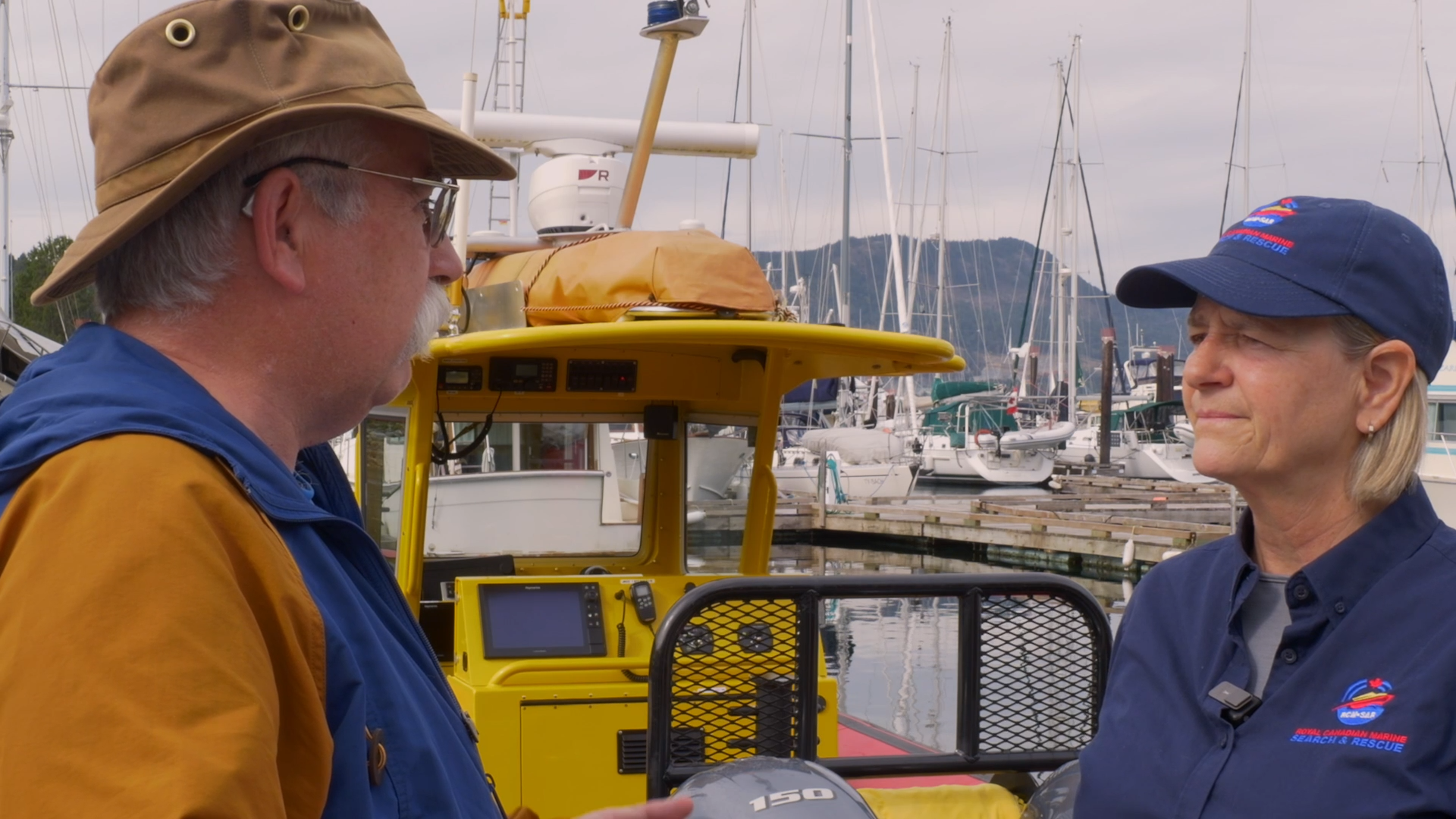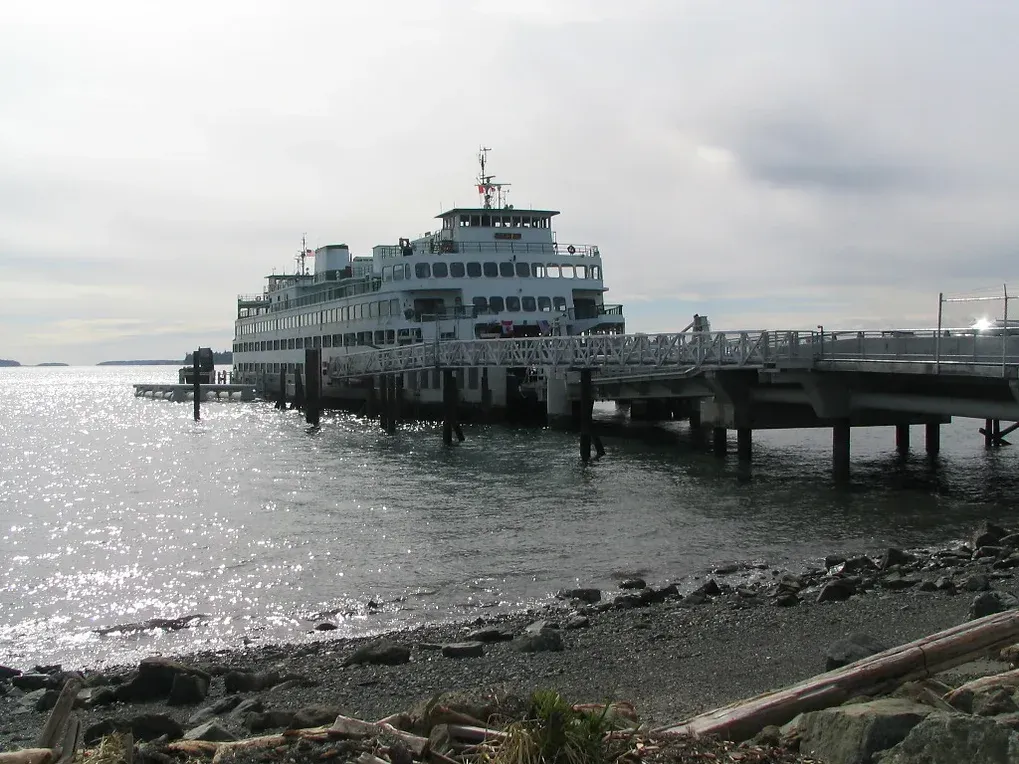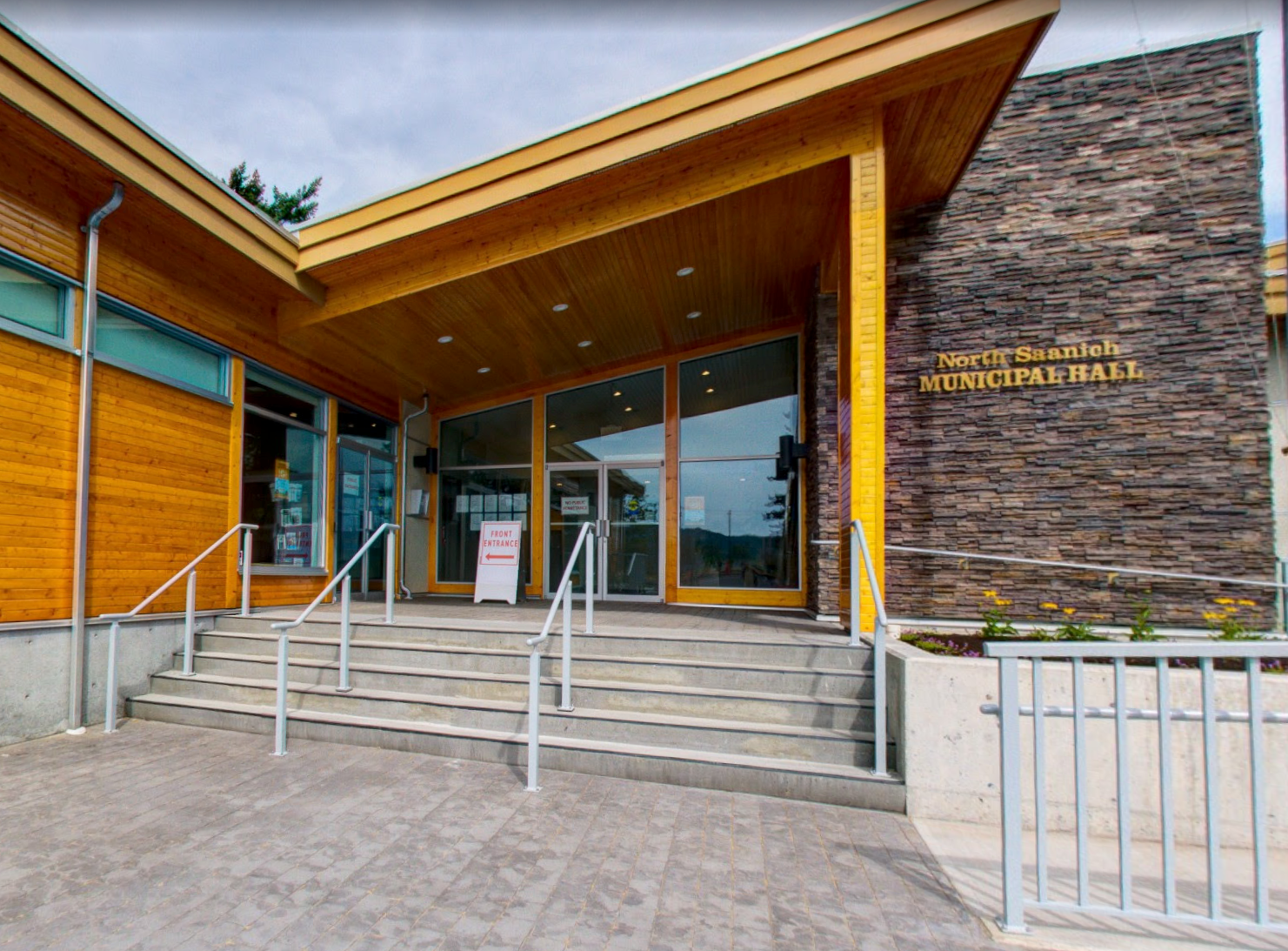Local Farmers Discuss Agricultural Challenges and Solutions on the Saanich Peninsula
Excerpt from Radio Sidney's Show Peninsula Affairs
Panel Discussion from the Sidney Breakfast Club on March 12. 2025
A recent panel discussion on Peninsula Affairs featured three local agricultural leaders sharing insights on food security, sustainable farming, and the challenges facing Vancouver Island producers. The panelists included Steve Pearce, who represented Pendray Farms, John Espley, co-founder of Blenkinsop Community Agricultural Centre; and Lindsay Dault, owner of Country Bee Honey Farm.
Pendray Farms: Five Generations of Dairy Farming
Steve Pearce, who married into the Pendray family 24 years ago, described farming as "a lifestyle" rather than simply a business. Pendray Farms has been operating for five generations, with the family playing a significant role in developing Vancouver Island's dairy industry, including helping establish Island Farms.
Pearce highlighted the challenges of industrial-scale farming, noting that while the farm prioritizes animal welfare with clean facilities and proper care for their cows, they still face misconceptions and activism. He explained the problematic balance between industrial production and agritourism, sharing that their attempt at operating a corn maze resulted in significant financial losses over three years
"We tried this corn maze. It was amazing. So, we lost $108,000 the first year. We lost $214,000 the second year. We lost $63,000 the next year. And said, maybe we probably shouldn't do this anymore," Pearce explained.
He also discussed the impact of U.S. tariffs on the Canadian dairy industry, noting that the quota system protects food security in Canada by ensuring consistent production without the antibiotics and chemicals often used in U.S. operations.
Blenkinsop Community Agricultural Centre: Reconnecting People with the Land
John Espley described his new venture, the Blenkinsop Community Agricultural Centre, which converts 14 acres of agricultural land into community garden and small farm plots. The project allows people to rent various sized plots, from 5-by-10-foot community gardens to larger eighth, quarter and half-acre plots for those interested in commercial growing.
"The idea, number one, this helps fund the land," Espley explained. "But the reality for the smaller farmers or even the community gardeners, is they can afford that. They can't afford to buy 14 acres like we did, but they can afford to rent or lease an eighth, a quarter, half acre."
Espley emphasized the importance of growing food locally on Vancouver Island, noting that research suggests only 4-8% of the island's food is currently grown locally, down from approximately 80% in the 1950s. He sees the centre as providing growing space and reconnecting people with the land and teaching them about food production.
Espley also expressed frustration with bureaucratic obstacles, including costly permits and lengthy approval processes that hinder agricultural initiatives. "It cost me $8,000 in permits just to put a driveway in so people can access the land. What a joke". He said.
Country Bee Honey Farm: Supporting Local Producers
Lindsay Dault described how she established Country Bee Honey Farm on West Saanich Road near Brentwood Bay seven years ago. She quickly discovered that Vancouver Island's limited agricultural flowering plants meant lower honey yields than her previous Vancouver operation.
Dault partners with small local beekeepers to address this challenge, purchasing honey at above-market rates to supplement her store's supply. Her business model focuses on supporting local production, with 95% of products in her store coming from Canadian—primarily Vancouver Island—vendors and artisans.
"The main focus of our store is Canadian produced items," Dault explained. She also discussed how they incorporated agritourism into their business model by opening the back of their farm for self-guided tours where visitors can see animals and hold baby chicks, providing additional income and educational opportunities.
Addressing Agricultural Challenges
During the discussion, panelists addressed several key challenges facing local agriculture:
Food Security and Local Production
All three panelists emphasized the dramatic decline in local food production on Vancouver Island, with current estimates suggesting only 4-8% of food consumed on the island is grown locally, compared to approximately 80% in the 1950s.
Seasonal Eating and Education
The panel discussed the importance of returning to seasonal eating patterns and enhancing food preservation skills. Espley mentioned plans to provide education on canning and other traditional preservation methods, highlighting that many individuals have lost the connection to when and how food is produced.
Land Use and Regulations
Access to affordable agricultural land remains a significant barrier, with panelists noting the challenges of obtaining farm status and navigating Agricultural Land Reserve (ALR) regulations. Audience members suggested creating networks to connect landowners with unused space to potential farmers.
Economic Viability
All three businesses have had to develop creative approaches to remain economically viable, including diversification through agritourism, retail components, and community-supported models.
Government Policy and Bureaucracy
Panelists voiced frustration with bureaucratic procedures obstructing agricultural initiatives and advocated for policy changes to better support small-scale and commercial farming operations.
Community Collaboration
The discussion concluded with a call for greater collaboration among agricultural businesses and community organizations. Steve Pearce emphasized the importance of working together consistently rather than only seeking support during difficult times.
"You've got to work together all the time," Pearce stated, underscoring the panel's shared message that addressing Vancouver Island's agricultural challenges requires coordinated community effort and policy change.
We invite you to comment below. You do not have to sign in. When you start typing your name, a small check box will appear below the terms and conditions. Checking the box will allow you comment as a guest requiring only your name and email address. Your email address remains confidential.


